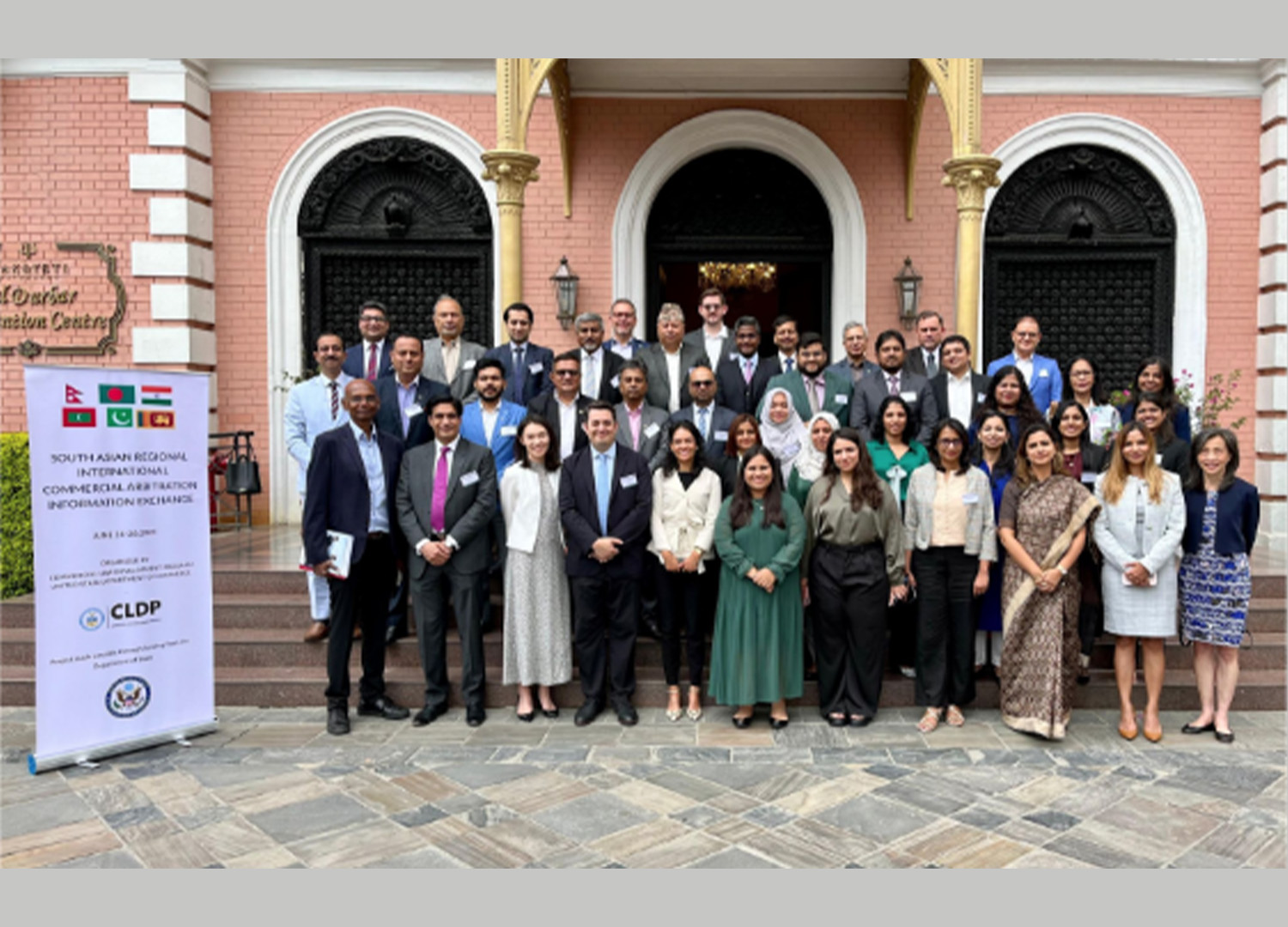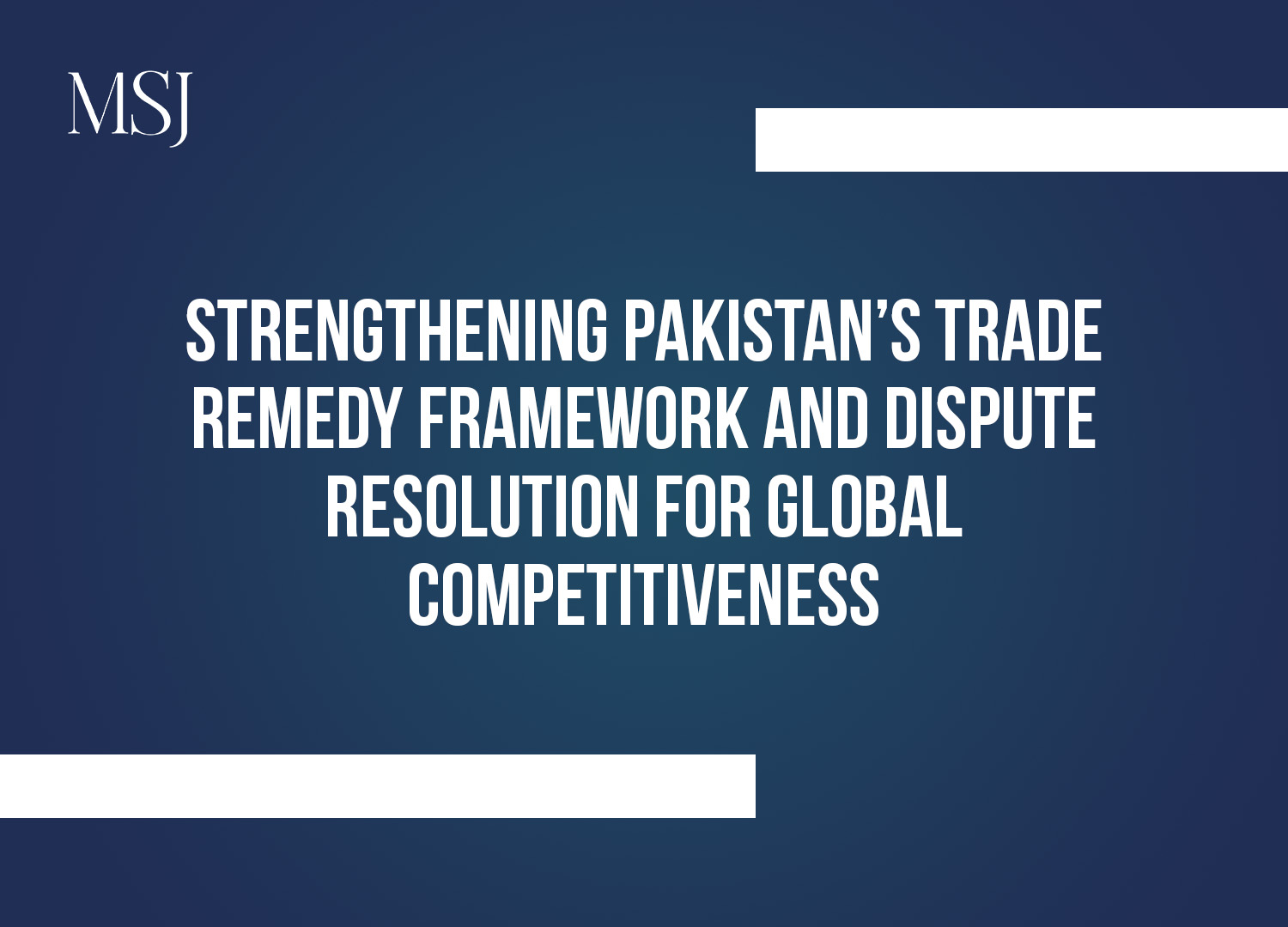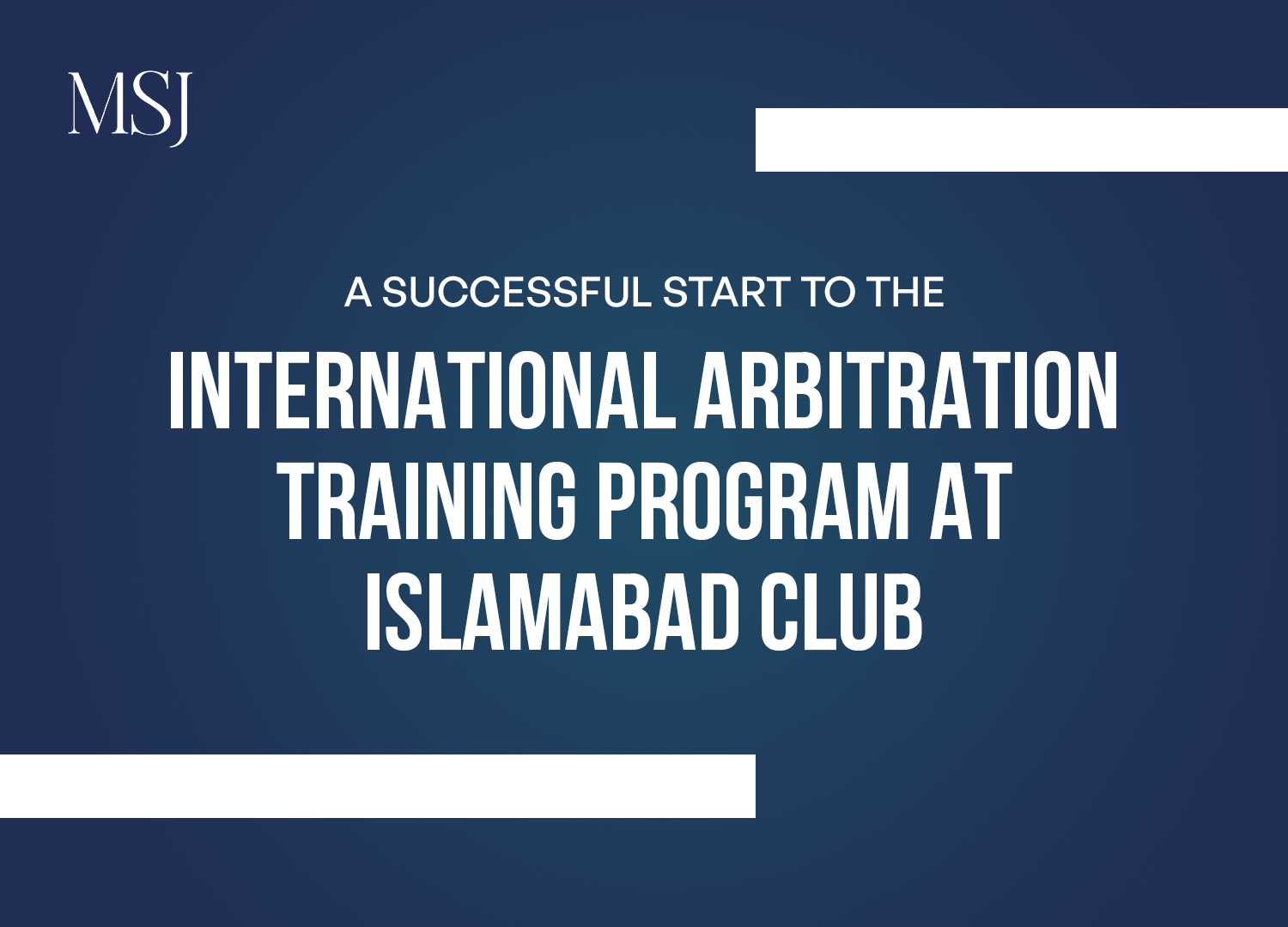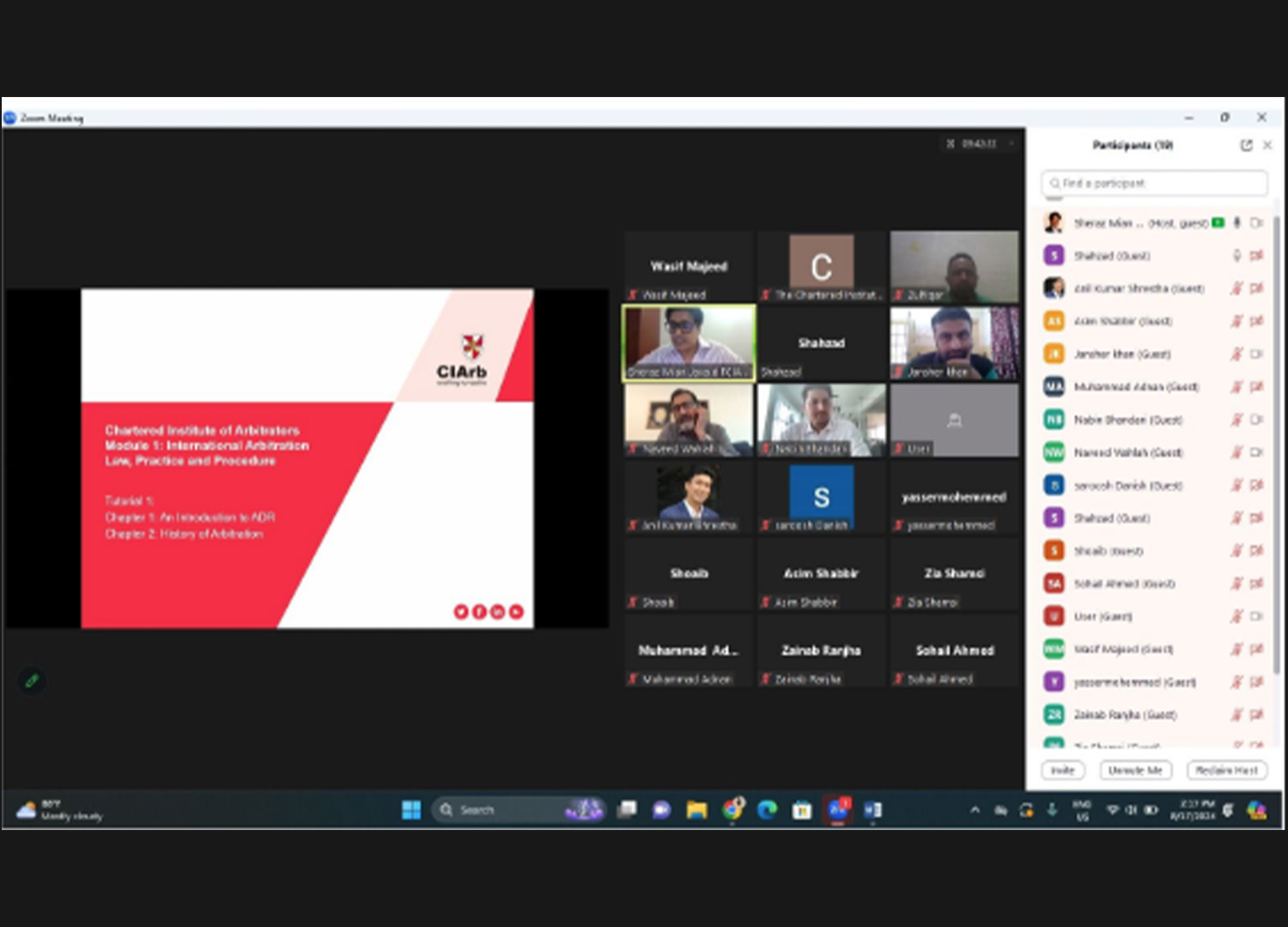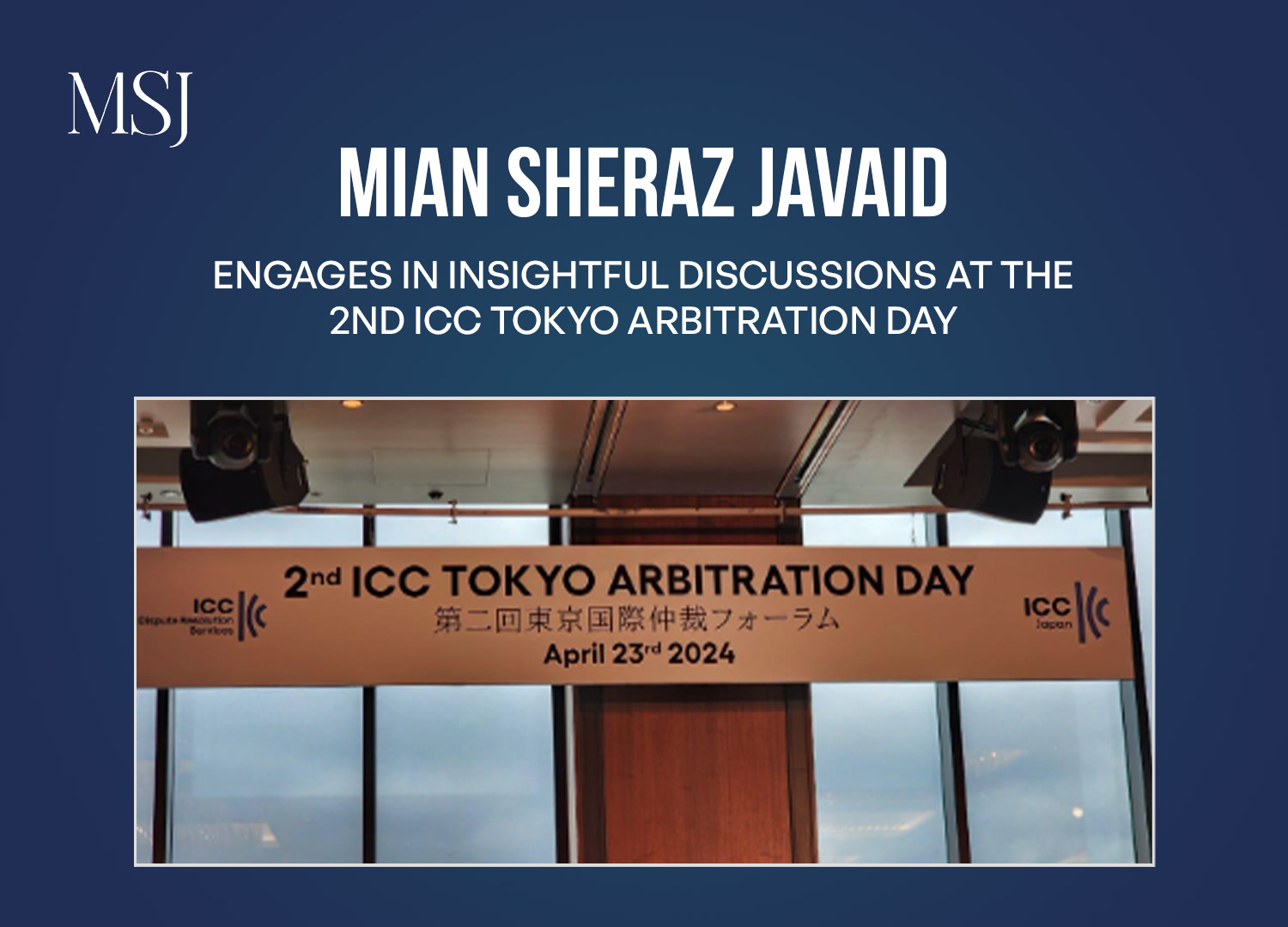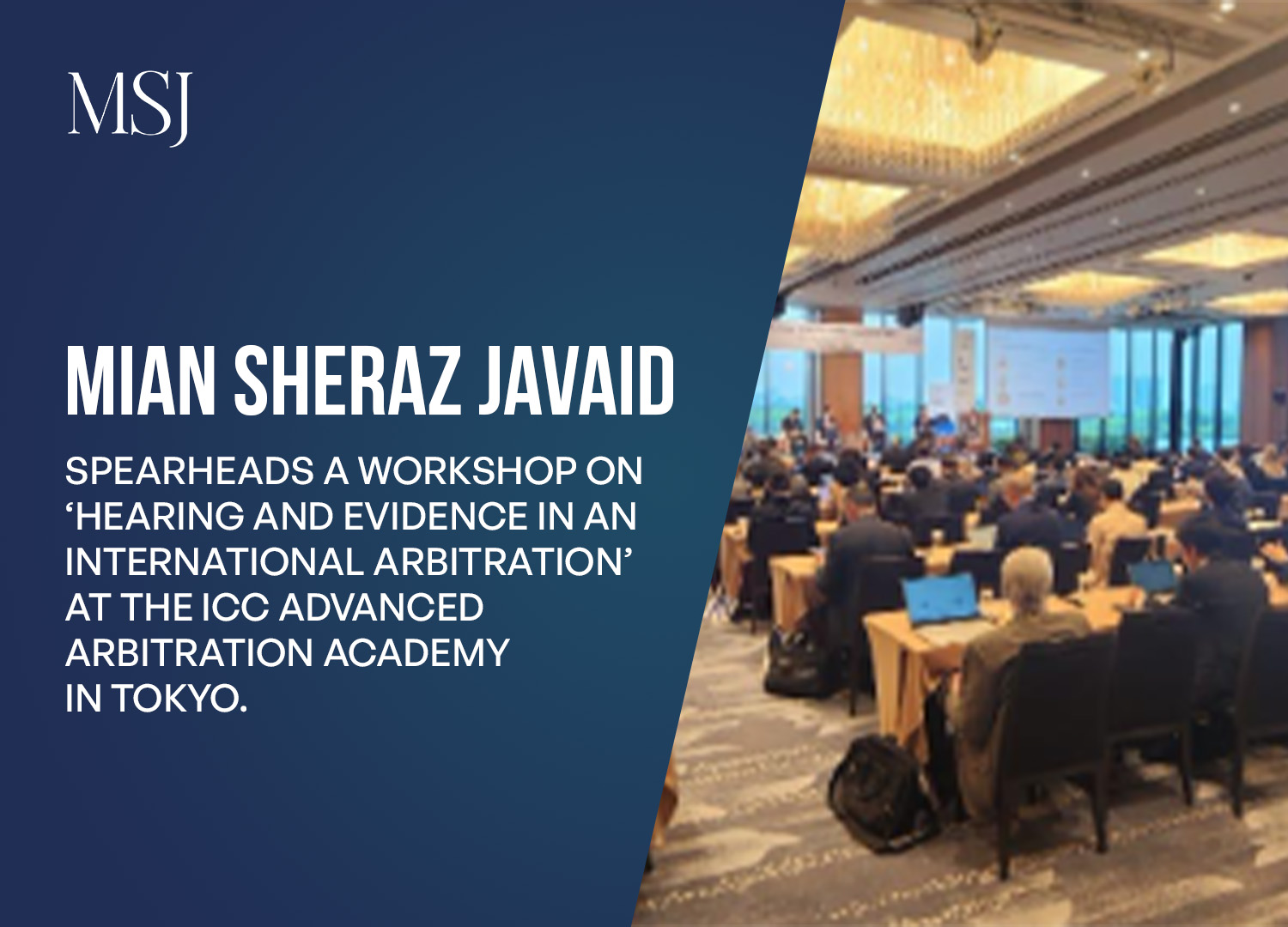First Cohort Completes Law Practice and Procedure for International Arbitration Course
Last week, Mian Sheraz Javaid and his team successfully wrapped up the first cohort of the 2025 Law Practice and Procedure for International Arbitration program with a revision class for Module 1. The course, which welcomed 15 legal practitioners from across Pakistan, marked a significant milestone in the ongoing efforts to elevate Pakistan’s role in international dispute resolution.
Designed specifically for mid-level legal professionals, the course aimed to introduce participants to the essentials of international arbitration, focusing on its legal frameworks, procedural protocols, and practical applications. Participants, many of whom are looking to shift their careers towards international dispute resolution, gained foundational knowledge that will empower them to engage in complex arbitration cases both locally and internationally.
Building a Strong Foundation in International Arbitration
The course, which was both interactive and practical, provided a comprehensive overview of the entire lifecycle of an arbitration proceeding. From drafting arbitration agreements to the appointment of arbitral tribunals, pleadings, evidence presentation, hearings, and the issuing of arbitral awards, the training covered every critical step involved in arbitration.
Sheraz led the session with a focus on real-world insights and practical applications. Participants not only engaged with theoretical concepts but were also exposed to practical scenarios, allowing them to see how arbitration unfolds in complex cross-border disputes. Legal professionals were provided with case studies and examples drawn from jurisdictions such as the United Kingdom, Singapore, and Australia, helping to contextualize the theoretical aspects of the training.
“International arbitration is an increasingly vital tool in resolving cross-border disputes, and equipping legal professionals with a solid understanding of its frameworks is crucial. This course serves as the perfect starting point for practitioners eager to build careers in international dispute resolution,” said Sheraz.
Practical Experience with Global Standards
A key focus of the course was ensuring that participants were well-versed in the best practices of international arbitration, with particular attention to adhering to the Chartered Institute of Arbitrators (Ciarb) global gold standards. By the end of the program, participants were not just familiar with arbitration theory but were also prepared to handle international disputes independently, ensuring they could approach cases with confidence and competence.
The course placed significant emphasis on practical skills, allowing participants to engage in mock arbitration exercises, which included drafting arbitration agreements, navigating tribunal appointments, and conducting hearings. These hands-on activities provided valuable experience in handling the intricacies of arbitration proceedings, preparing participants for real-life challenges in the field.
Building an Arbitration Network in Pakistan
One of the key goals of the program is to build a robust network of arbitration professionals in Pakistan. With international arbitration becoming an increasingly sought-after method of dispute resolution, fostering a strong network of highly skilled practitioners is vital to ensuring Pakistan’s competitiveness in the global arbitration community.
“The initiative is part of a broader effort to develop the talent pool for international arbitration in Pakistan. By equipping legal professionals with the necessary skills and knowledge, we are helping them navigate the complexities of international disputes and ensuring that they can practice independently in accordance with international standards,” said Sheraz.
By providing mid-level professionals with the tools they need to succeed in this specialized area of law, the course is contributing to the growth of Pakistan’s reputation as a hub for arbitration and dispute resolution. Participants are now better equipped to serve as independent arbitration professionals who can effectively resolve cross-border disputes, making a valuable contribution to the global arbitration landscape.
Looking Ahead to Future Cohorts
With the successful completion of the first cohort, Mian Sheraz Javaid is eager to continue this important work and looks forward to the upcoming sessions in 2025. The positive feedback from the participants, who are excited to apply their new skills in their careers, reinforces the importance of such programs in shaping the future of arbitration in Pakistan.
“I’m looking forward to seeing this talented group of professionals go on to become leaders in international arbitration, influencing how disputes are resolved and contributing to Pakistan’s growing role in the field,” Sheraz remarked.
The program’s success is a promising indicator of the growing interest in arbitration and alternative dispute resolution in Pakistan. As more professionals seek specialized training in international arbitration, Mian Sheraz Javaid and his team are well-positioned to continue leading the charge in building Pakistan’s presence in global arbitration.
As 2025 progresses, the program is set to expand, welcoming even more legal professionals eager to gain expertise in international dispute resolution. With a strong foundation now established, the future of arbitration in Pakistan looks brighter than ever, with a new generation of practitioners ready to meet the challenges of the global legal landscape.
This initiative not only strengthens the arbitration community within Pakistan but also helps to position the country as a key player in resolving international disputes, paving the way for a more interconnected and effective global dispute resolution system.
Subscribe to get latest Updates & Activities.
Follow us on Medium, Twitter, Facebook, YouTube, and Dribbble.



